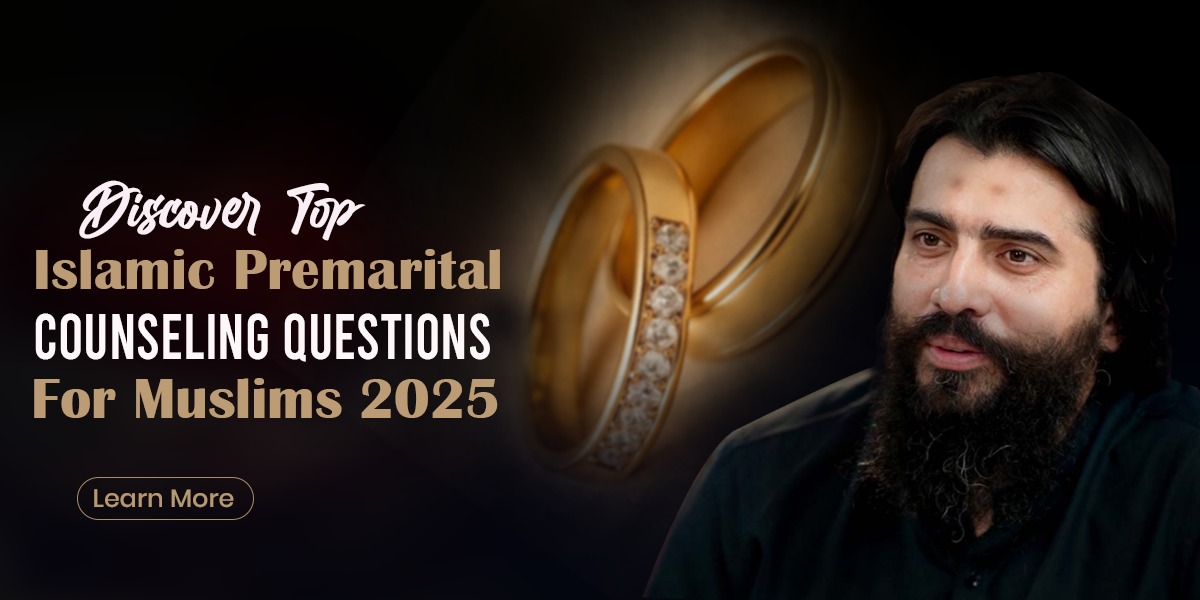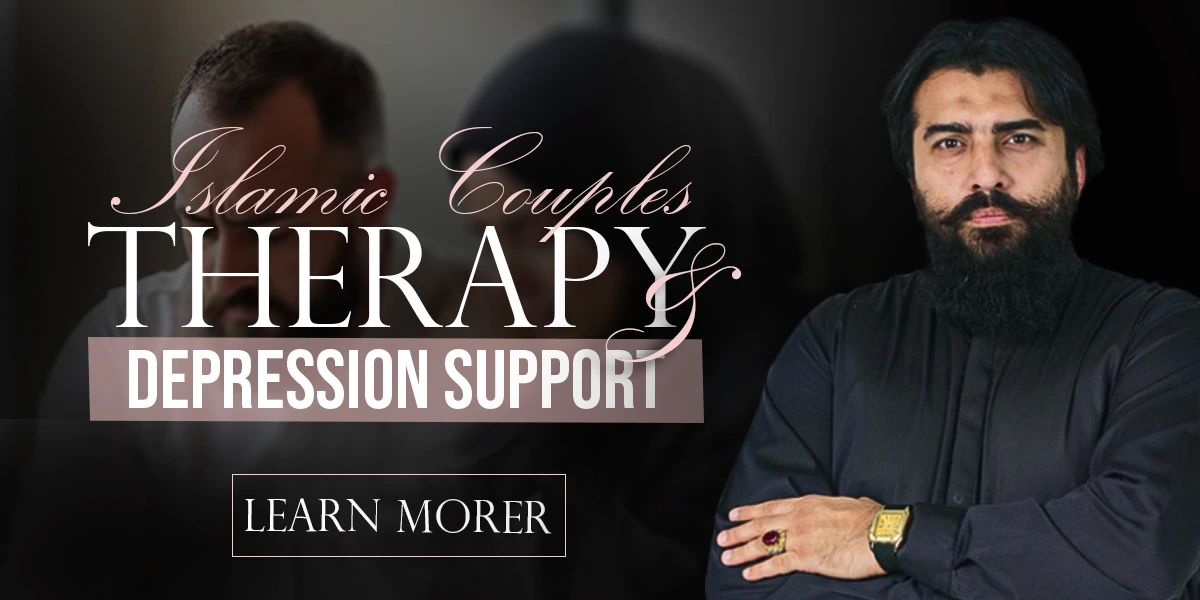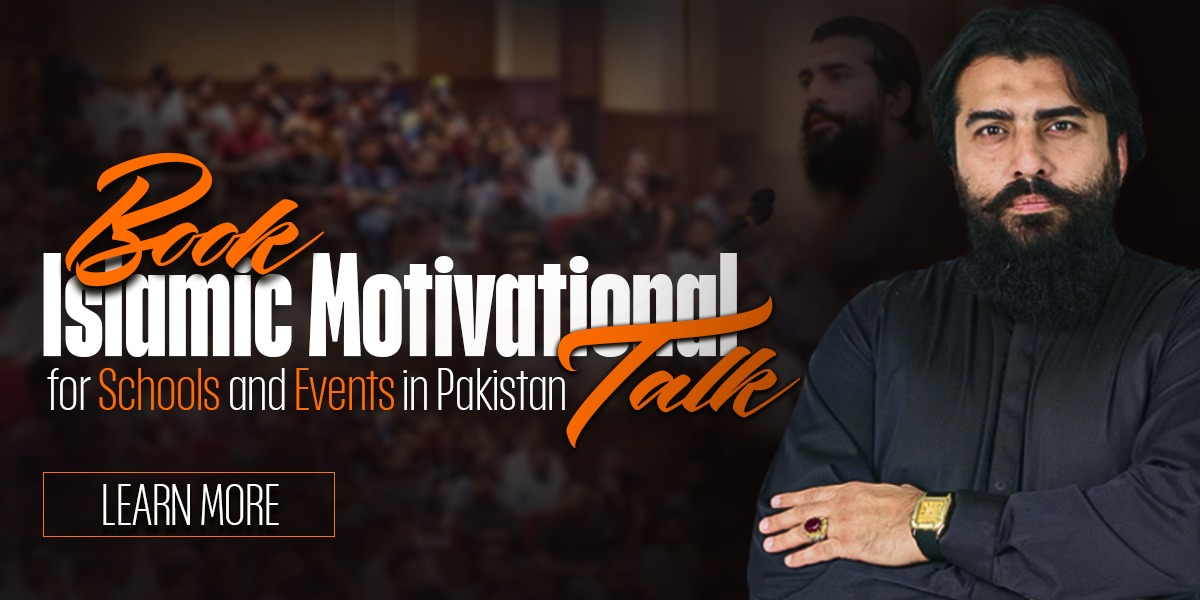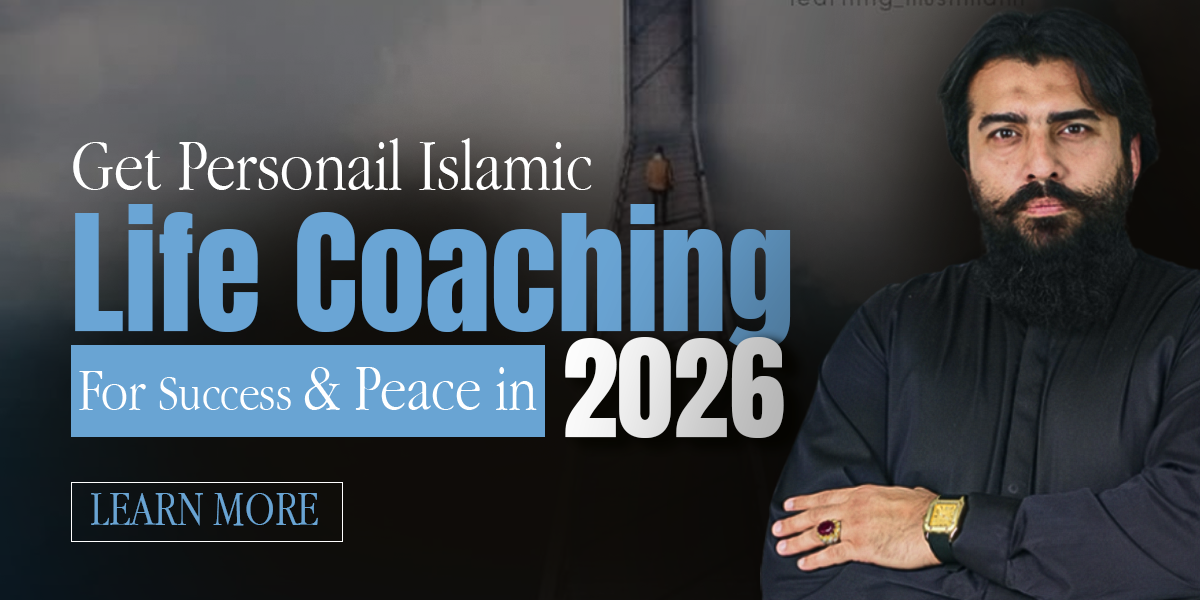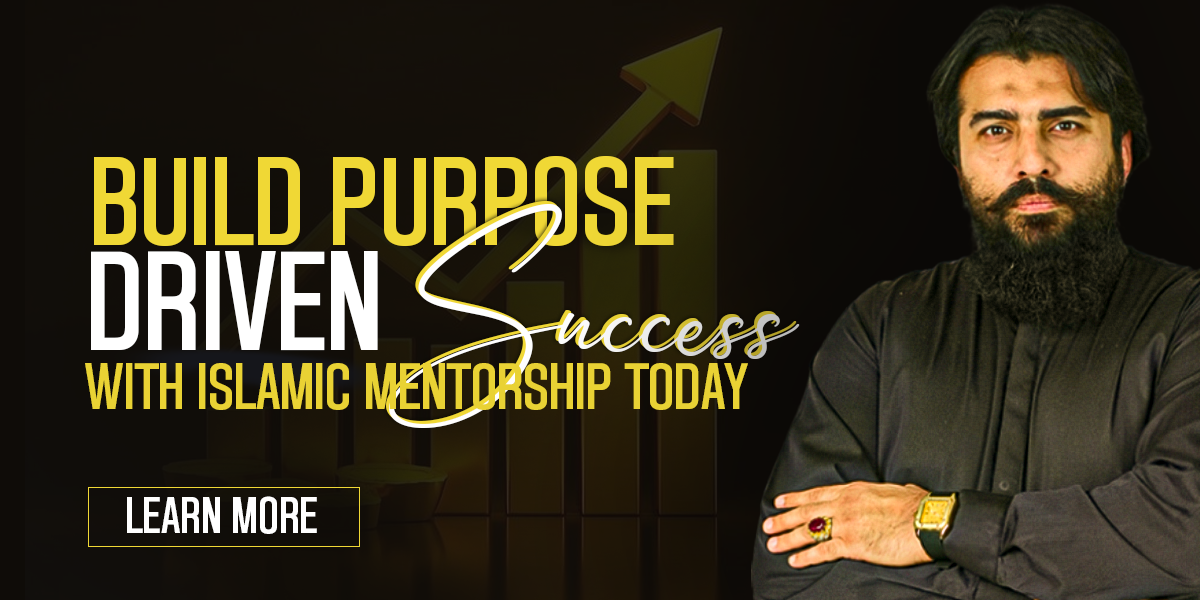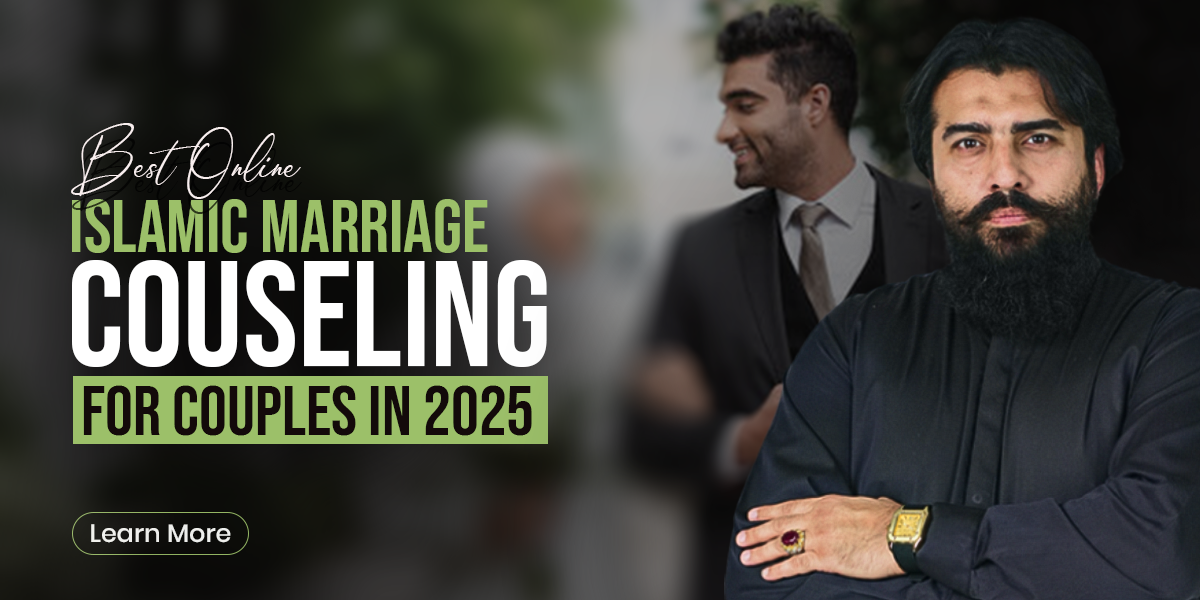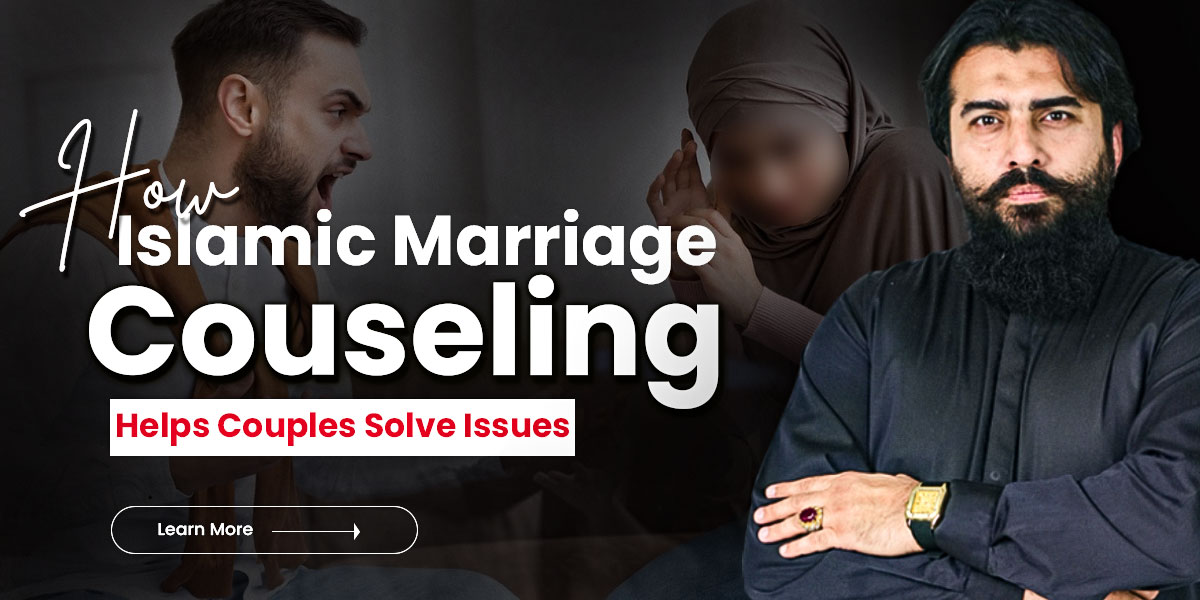Preparing for a Blessed Islamic Marriage
In Islam, marriage (nikah) is more than a social contract. It is an act of a deep commitment rooted in taqwa (God-consciousness), rahmah (mercy), and mutual responsibility. The Qur’an affirms this sanctity:
“And among His signs is that He created for you from yourselves mates that you may find peace in them, and He placed between you affection and mercy.” Surah Ar-Rum (30:21)
Islamic premarital counseling is necessary because many couples today enter marriage without the clarity or spiritual tools to sustain that bond. Premarital counselling guided by the Qur’an and Sunnah supports couples in building a marriage based on faith, mutual rights, emotional readiness, and open communication.
Salat al-Istikhara (a prayer for divine guidance) is one of the most powerful spiritual tools during this process. Istikhara can help couples align their decisions with Allah’s wisdom.
Why Seek Counseling Before Marriage?
Islam encourages mutual understanding (ta’aruf) and transparent discussion before marriage. Due to a massive increase in relationship breakdowns and cultural misunderstandings, many Muslim couples are now turning to trained counselors who can guide them in faith-based self-discovery and compatibility checks.
Shaykh Atif Ahmed is one of the trusted counselors in this space whose counseling method blends classical Islamic principles with modern psychology. He helps Muslim couples address not just the spiritual aspects of marriage but also practical, emotional, and relational realities.
Looking for a faith-aligned process? Explore Halal Marriage Pre‑Marital Islamic Counseling
Faith & Deen
Faith plays a vital role in a lasting Islamic marriage. When two people align in their commitment to Allah, they can face trials together with patience (sabr) and gratitude (shukr). The Prophet ﷺ advised:
“Choose the one who is religious and you will prosper.” Sahih al-Bukhari (5090)
Why It Matters:
- Ensures both partners prioritise Islamic obligations.
- Reduces religious conflicts (e.g., differing views on hijab, fiqh, etc.).
- Creates a unified spiritual atmosphere for future children.
- Encourages shared acts of worship, building love through obedience to Allah.
Key Questions to Ask:
- How consistent are you with your five daily prayers (salah)?
This reveals discipline and Allah-consciousness. It is key to personal accountability in marriage.
- What is your understanding of Islamic belief (aqeedah), and which scholars or madhhab do you follow?
While minor differences are acceptable, major ideological divides may cause long-term friction.
- How do you incorporate the Sunnah in your daily life (e.g., dress, ethics, hygiene, dhikr)?
This shows how seriously the individual follows prophetic guidance and applies Sunnah in daily life.
- Are you involved in any Islamic community, da’wah, or learning circles?
Engagement in the ummah reflects an individual’s active commitment to growing in faith.
- What are your views on raising children Islamically (tarbiyah, school choice, screen time, etc.)?
Parenting values rooted in the deen are essential for the future spiritual health of your family.
Learn more: Islamic Marriage Counseling for Couples
Roles, Duties & Family Expectations
Marriage in Islam is not just a legal contract, but a divine trust (amanah) or sharing mutual responsibilities. Each spouse is accountable before Allah for their role. The husband is described as the qawwam (protector and provider) of the family, while both partners are responsible for maintaining peace, love, and cooperation in the home.
Why It Matters:
- To prevent misunderstandings about gender roles, domestic work, and financial contributions.
- Clarifies expectations about careers, children, and extended family dynamics.
- Encourages initiation of discussions on boundaries with in-laws and caregiving roles.
Key Premarital Questions:
- How do you understand the Islamic concept of qawwamah and the duties of a husband and wife?
Opens space to align religious and practical expectations of both partners in daily life.
- Would you prefer a dual-income household or for one partner to focus on the home/children?
Clarify a mindset about lifestyle planning to avoid bitterness later on.
- What are your expectations around housework, cooking, and childcare?
→ Clearly defined roles to prevent emotional overload, especially after children. - How involved do you expect our parents or in-laws to be in our marriage and decision-making?
Balances filial duty (birr al-walidayn) with marital privacy.
- If we face disagreement on parenting or duties, how do you propose we resolve it?
Assesses conflict style and shared values in managing home affairs.
Communication & Conflict Resolution
Every marriage experiences disagreement or conflict. The conflict must be handled through sabr (patience), shura (consultation), and forgiveness. The Prophet ﷺ emphasised gentle speech and resolving disputes with mercy.
“The best of you are those who are best to their wives.” Sunan al-Tirmidhi
Why It Matters:
- Emotional intelligence is also important as religious compatibility.
- Couples need tools for managing stress, personality differences, & external pressures.
- An unresolved dispute can lead to long-term damage.
Key Premarital Questions:
- How do you typically handle anger or emotional stress during conflict?
Reveals the temperament and emotional intelligence of the individual.
- What are your expectations around how we should communicate disagreements?
Encourages to initiation of emotional boundaries and healthy discussion norms.
Strengthen your marriage with Islamic Marriage Counseling for Couples
Finances, Mahr & Halal Earnings
Financial matters are among the most common reasons for marital stress. Financial responsibility (amanah) and halal income are the basic pillars of family life in Islam. The Qur’an obliges husbands to provide, but modern dynamics also require financial transparency and shared planning.
“Give the women [upon marriage] their bridal gifts graciously.” Surah An-Nisa (4:4)
Why It Matters:
- Prevents future conflicts about money management.
- Sets expectations around mahr (mandatory gift), debt, and halal income.
- Encourages financial clarity and shared trust from the start.
Learn more about faith-based money matters in Halal Marriage Pre‑Marital Islamic Counseling
Family Planning & Children
Children are considered a blessing (ni’mah) of Allah in Islam. To avoid serious marital strain later, it is important to discuss parenting approaches early. Discuss methods or approaches to raise children in alignment with Islamic teachings
Why It Matters:
- Sets shared vision for parenting style, discipline, and education.
- Ensures mutual harmony on values like gender roles, media exposure, & Islamic identity.
- Clarifies intentions about family growth early on.
Key Premarital Questions:
- Do you want children? If yes, how many and when would you like to start?
Opens up a space for mutual decision-making because misaligned timelines can cause emotional stress.
- What parenting style do you believe in: authoritative, gentle, or something else?
Aligns parenting philosophy.
- Would you prefer sending children to Islamic, public, or homeschool environments?
Schooling reflects worldview and faith priorities.
- If we’re unable to have children, how would you feel about alternatives like adoption?
Sensitive topic, but it is equally important for long-term compatibility.
- How involved do you expect extended family (e.g., grandparents) to be in raising kids?
Clarifies potential influence from elders or cultural traditions.
Intimacy & Emotional Connection
In Islam, physical and emotional intimacy are acts of love, mercy (rahmah), and even worship in Islam. Islam emphasises mutual satisfaction, consent, and emotional safety. This area must be approached with haya’ (modesty) but also clarity.
Why It Matters:
- Prevents unrealistic expectations about intimacy and physical needs.
- Encourages emotional vulnerability, communication, and mutual care.
- Helps protect the marriage from fitnah and emotional disconnect.
Key Premarital Questions:
- What is your understanding of intimacy in marriage from an Islamic perspective?
Reflects the Islamic mindset on mutual rights.
- Are there personal boundaries or expectations around physical affection or privacy that I should be aware of?
Protect personal history, privacy, and emotional triggers.
- How do you express love and affection emotionally? (e.g., words, touch, acts of service)
Enhances emotional intelligence and connection.
- Do you believe it’s okay to seek help (scholarly or therapeutic) for intimacy issues if needed?
Opens the door for support without shame.
Lifestyle & Personal Values
Lifestyle preferences must be shared mutually to avoid everyday friction. While Islam allows room for individual personality, habits around health, entertainment, or worldview can either nourish or erode marital peace.
“Verily, in the body is a piece of flesh which, if sound, the whole body is sound…” Sahih al-Bukhari
Why It Matters:
- Protects against misalignment in habits or social preferences.
- Builds emotional harmony through shared hobbies and values.
- Promotes spiritual growth in day-to-day life.
Key Premarital Questions:
- What are your daily routines, and how do you unwind or spend free time?
Reveals lifestyle, rhythms, energy levels, and self-care styles.
- Are there any habits (e.g., smoking, diet, screen time) that may cause tension?
Allows transparency and adaptation.
- What are your views on social media, entertainment, and friend groups of the opposite gender?
Aligns with modesty, privacy, and boundaries.
- What values do you consider non-negotiable in life, religious, political, or moral?
Prevents conflict due to deeper ideological gaps.
Read more on worldview shifts in The Rise of Humanism
Community & Extended Family
A marriage does not exist in a vacuum; a whole family and ummah are involved in this sacred agreement. For spiritual and social harmony, it is vital to discuss your expectations about engagement with family and community after marriage.
Why It Matters:
- Prevents bitterness over family dynamics or obligations.
- Builds a shared sense of mutual responsibility.
- Creates a balance between the couple’s needs and family traditions.
Key Premarital Questions:
- How often do you expect to visit or host extended family?
To set your social expectations earlier.
- What do you think our responsibilities are toward our parents as they age?
Clarifies birr al-walidayn and future caregiving roles.
- Are you active in the local Muslim community or would you like to be?
Encourages shared religious service and belonging.
- How do we handle extended family drama or interference? If it arises?
Prepares for healthy boundary-setting and emotional intelligence.
Past, Resilience & Long-Term Vision
Perseverance (sabr), healing, and emotional maturity are some basic Islamic values. Everyone brings experiences like joys, failures, traumas, or ambitions into marriages. A couple must know each other’s journey and where they’re heading together.
“Indeed, with hardship comes ease.” Surah Ash-Sharh (94:6)
Why It Matters:
- Past pain or unprocessed trauma can impact emotional safety.
- Shared goals help the marriage grow with purpose.
- Resilience ensures the couple navigates tests with tawakkul.
Key Premarital Questions:
- Have you experienced significant personal hardship (loss, illness, divorce)? How did you cope?
Builds empathy and understanding.
- How do you typically handle stress, burnout, or emotional lows?
Clarify emotional resilience and support needs.
- Do you carry any unresolved trauma or pain from past relationships?
Encourages emotional honesty and healing.
- Where do you see yourself and us in 10 years, spiritually and professionally?
Establishes long-term vision and ambition.
Rebuild stronger with Strengthen Marriage Islamic Counselling
Frequently Asked Questions (Islamic Premarital Counseling)
1. Is Islamic premarital counseling allowed in Islam?
Yes. As long as it follows Shariah guidelines (modesty, no khalwa, appropriate communication), counseling is encouraged. It facilitates ta’aruf (mutual understanding) and istikharah-based decisions before nikah.
2. Can we talk about intimacy and finances before marriage?
Yes, you can discuss within respectful and halal boundaries. It will help to prevent future misunderstandings and is part of transparent nikah preparation.
3. What if our levels of Islamic practice differ?
Discuss differences openly. While growth is possible, misalignment in fundamental beliefs or priorities (e.g., prayer, hijab, halal income) may cause conflict later. Counseling helps assess compatibility.
4. Is premarital counseling the same as matchmaking?
No, Islamic premarital counseling focuses on preparing an already-interested couple for marriage by addressing compatibility, roles, values, and communication. It’s not a matchmaking service.
5. How long does premarital counseling take?
Typically, 2–5 sessions are enough for premarital counseling, depending on the couple’s needs. Shaykh Atif Ahmed tailors the process based on the depth and complexity of the discussion.
6. What if one of us has been previously married?
Past experiences must be discussed. Previous nikah, trauma, or healing journeys should be explored with honesty to build trust in the new relationship.
7. Can premarital counseling replace family involvement or istikhara?
No, counseling complements family involvement and istikhara. It doesn’t replace them. Counselors often recommend including a trusted family member or wali in key steps.
8. Is online Islamic premarital counseling effective?
Yes, online sessions (especially with qualified scholars like Shaykh Atif Ahmed) are widely used and highly effective.
9. Can we still seek counseling after marriage?
Yes, Islamic marriage counseling is beneficial both before and after the nikah. It’s a tool for sustaining mercy (rahmah) and understanding in married life.
10. What if we disagree during counseling?
Not necessarily. Disagreements during counseling help expose critical differences before marriage. The key is how you both respond to them with guidance, respect, and honesty.
Ready to Take the Next Step?
Start your marriage journey with wisdom, guidance, and clarity. Book your confidential Islamic premarital counseling session today with Shaykh Atif Ahmed:

